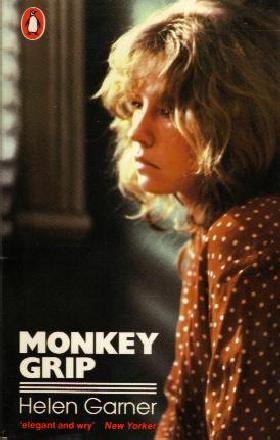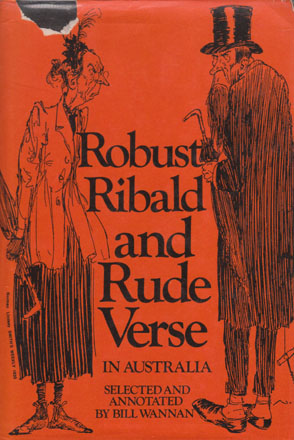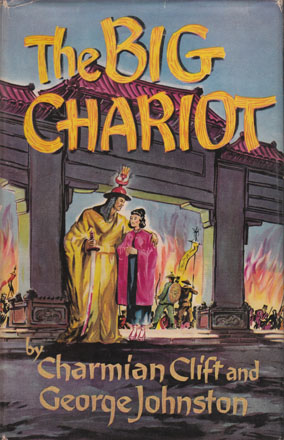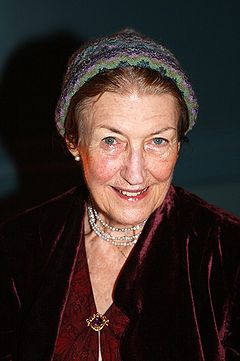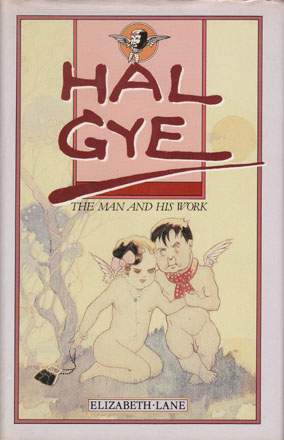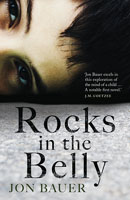The shortlists for the 2010 Queensland Premier's Literary Awards have now been released.
Fiction
Peter Carey, Parrot and Olivier in America, Penguin Group (Australia)
Brian Castro, The Bath Fugues, Giramondo Publishing Company
J.M. Coetzee, Summertime, Random House Australia
Steven Lang, 88 Lines About 44 Women, Penguin Group (Australia)
Alex Miller, Lovesong, Allen & Unwin
Emerging Queensland Author - Manuscript Award
Matthew Lamb, Down to the River
Nikki McWatters, The Desert of Paradise
Noel Mengel, RPM
Unpublished Indigenous Writer - Arts Queensland David Unaipon Award
Sam Cook, ACES, DEUCES, KINGS and QUEENS
Tjanara Goreng-Goreng, The Red Earth
Jeanine Leane, Purple Threads
Shawn Wondunna-Foley, Dingo finds a friend
Non-Fiction Book Award
Krissy Kneen, Affection, The Text Publishing Company
Mary-Rose MacColl, The Birth Wars, University of Queensland Press
Alasdair McGregor, Grand Obsessions: The Life and Work of Walter Burley Griffin and Marion Mahony Griffin, Penguin Group (Australia)
Mark Tredinnick, The Blue Plateau: A Landscape Memoir, University of Queensland Press
Brenda Walker, Reading by Moonlight: How books saved a life, Penguin Group (Australia)
History Book - Faculty of Arts, University of Queensland Award
Bain Attwood, Possession: Batman's Treaty and the Matter of History, Melbourne University Publishing Limited
Maria Hill, Diggers and Greeks: the Australian campaigns in Greece and Crete, University of New South Wales Press
Ian Hoskins, Sydney Harbour: A history, University of New South Wales Press
Grace Karskens, The Colony: A History of Early Sydney, Allen & Unwin
Thomas Keneally, Australians: Origins to Eureka, Allen & Unwin
Children's Book - Mary Ryan's Award
Bronwyn Bancroft, Why I Love Australia, Little Hare Books
Glenda Millard, Isabella's Garden, Illustrated by Rebecca Cool, Walker Books Australia
Glenda Millard, All the Colours of Paradise, Illustrated by Stephen Michael King, HarperCollinsPublishers Aust Pty Limited
Sally Murphy, Toppling, Illustrated by Rhian Nest James, Walker Books Australia
Narelle Oliver, Fox and Fine Feathers, Omnibus Books
Young Adult Book Award
Phillip Gwynne, Swerve, Penguin Group (Australia)
Justine Larbalestier, Liar, Allen & Unwin
Melina Marchetta, The Piper's Son, Penguin Group (Australia)
Scott Westerfeld, Leviathan, Illustrated by Keith Thompson, Penguin Group (Australia)
Richard Yaxley, Drink the Air, Richard Yaxley
Science Writer Award
Elizabeth Finkel, "Black harvest" (Cosmos: The Science of Everything - Issue 27), Luna Media
Elizabeth Finkel, "The trouble with genes" (Cosmos: The Science of Everything - Issue 31), Luna Media
Clive Hamilton, Requiem for a Species: Why we resist the truth about climate change, Allen & Unwin
Sonya Pemberton, Catching Cancer, December Films and Pemberton Films
Julian Pepperell, Fishes of the open ocean: a natural history and illustrated guide, Illustrated by Guy Harvey, University of New South Wales Press
Poetry Collection - Arts Queensland Judith Wright Calanthe Award
Peter Boyle, Apocrypha, Vagabond Press
Jennifer Maiden, Pirate Rain, Giramondo Publishing Company
Les Murray, Taller When Prone, Black Inc.
Maria Takolander, Ghostly Subjects, Salt Publishing
Australian Short Story Collection - Arts Queensland Steele Rudd Award
Peter Goldsworthy, Gravel, Penguin Group (Australia)
Karen Hitchcock, Little White Slips, Picador
Thomas Shapcott, Gatherers and Hunters, Wakefield Press
Archie Weller, The Window Seat, University of Queensland Press
Literary or Media Work Advancing Public Debate - The Harry Williams Award
Annabel Crabb, Quarterly Essay 34: Stop at Nothing - The Life and Adventures of Malcolm Turnbull, Black Inc.
Clive Hamilton, Requiem for a Species: Why we resist the truth about climate change, Allen & Unwin
Marcia Langton, "The resource curse", Griffith Review
Mary-Rose MacColl, The Birth Wars, University of Queensland Press
Michael McKenna, "Shocked to the core", The Australian, 23 June 2009
Film Script - Screen Queensland Award
Shirley Barrett, South Solitary, Macgowan Films Pty Ltd
David Michôd, Animal Kingdom, Porchlight Films Pty Ltd
David Roach, Beneath Hill 60, The Silence Productions Pty Ltd
Drama Script (Stage) Award
Daniel Keene, Duets
Joanna Murray-Smith, Rockabye, Currency Press Pty Ltd
Melissa Reeves, Furious Mattress
Sven Swenson, The Bitterling
Rick Viede, Whore
Television Script - QUT Creative Industries Award
Glen Dolman, Hawke, The Film Company
Peter Duncan, Rake Episode 1 "R v Murray", Essential Media and Entertainment Pty Ltd
Peter Gawler, A Model Daughter: The Killing of Caroline Byrne, Screentime Pty Ltd
John Misto, Sisters of War, Australian Broadcasting Corporation/Pericles Film Productions Pty Ltd
The winners will be announced on August 31st.
